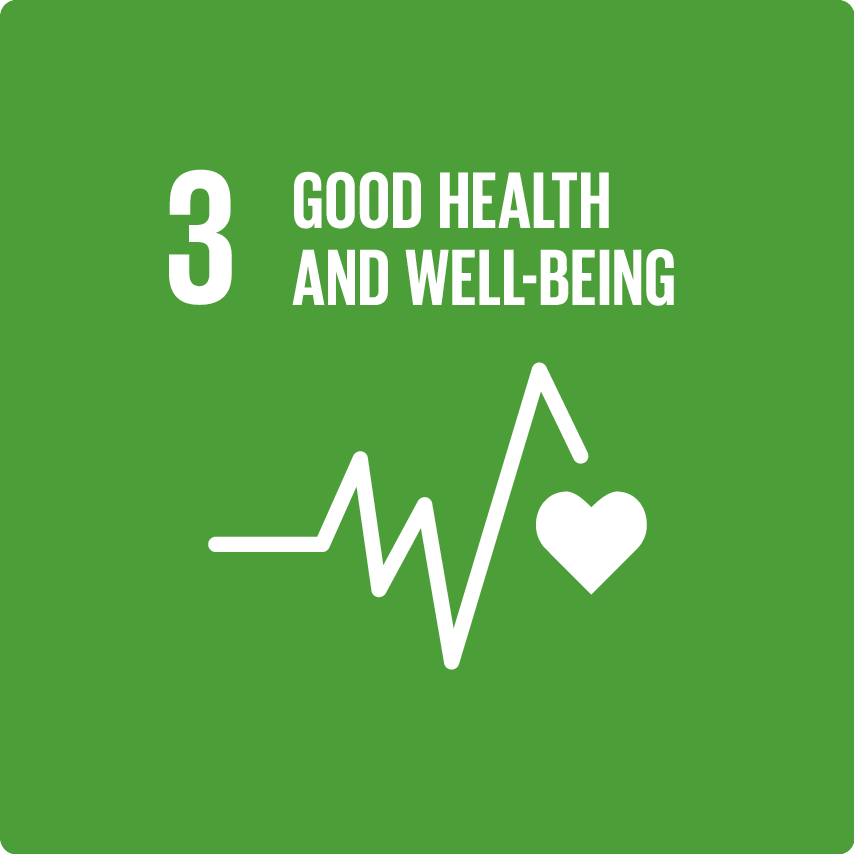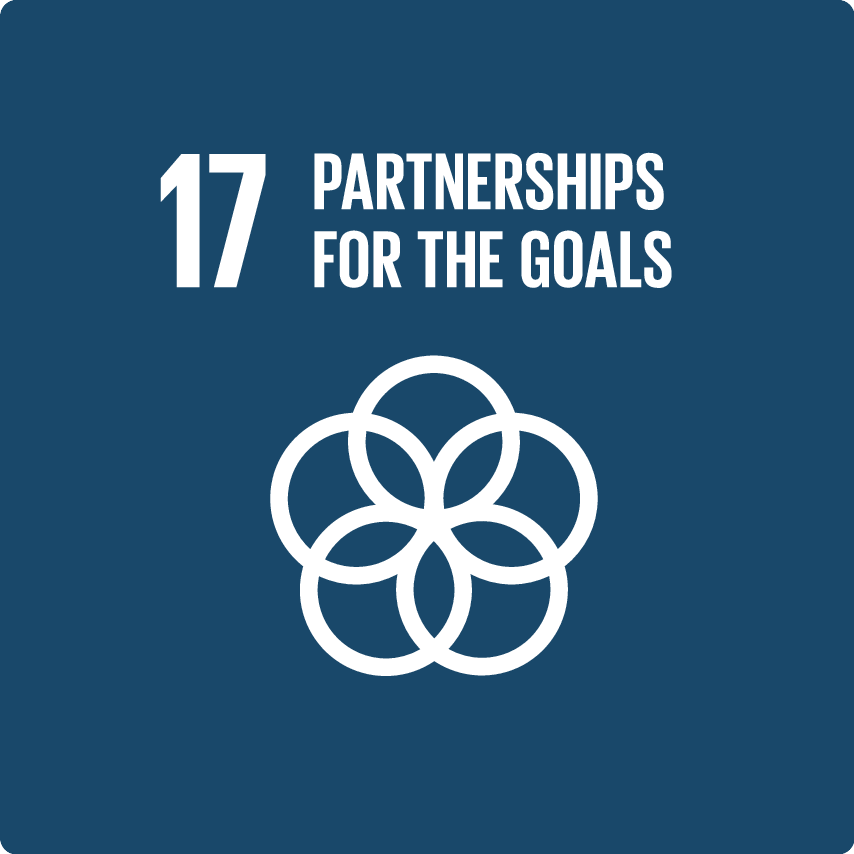Go Further: Partnership to End AIDS and Cervical Cancer
In 2019, our company joined the U.S. President’s Emergency Plan for AIDS Relief (PEPFAR), the George W. Bush Institute (Bush Institute) and the Joint United Nations Programme on HIV/AIDS (UNAIDS) in the Go Further: Partnership to End AIDS and Cervical Cancer among HIV-positive women in Africa.
SEE ALL PARTNER ORGANIZATIONS
In 2019, MSD* joined PEPFAR, the George W. Bush Institute, and the Joint United Nations Programme on HIV/AIDS (UNAIDS) in the Go Further Partnership, an effort to reduce new cervical cancer cases by 95 percent among the estimated 3.8 million HIV-positive women who live in eight high-burden African countries. Human papillomavirus (HPV) is the major cause of cervical cancer, and women who are HIV-positive are four to five times more likely to develop invasive cervical cancer. Through this partnership, we are addressing cervical cancer in HIV-positive women in Sub-Saharan Africa, not only through screening and treatment, but also through prevention.
*MSD is known as Merck & Co., Inc. in the US & Canada
Results and milestones
As of March 30, 2020, the Go Further partnership has supported over 1 million cervical cancer screenings for women living with HIV, including 87% for whom it was a first-time screening, and treated over 50,000 women for pre-invasive cancerous lesions.
To address these risks, Go Further is increasing access to the human papillomavirus vaccine (HPV) to prevent cervical cancer, expanding the availability of vital cervical cancer screening, and providing treatment for women most vulnerable to developing cervical cancer. With minimal additional investment, these low-cost interventions can save millions of lives and help secure global gains against HIV/AIDS.
Geographic Reach
- Africa
Disease Area
- Infectious and Parasitic Disease
- Women’s and Child Health
- Non-communicable diseases
Target Population
- Women
Partner organizations
George W. Bush Institute
US President's Emergency Plan for AIDS Relief (PEPFAR)
UNAIDS
Geographic Reach
Africa
Disease Area
Infectious and Parasitic Disease
- HIV/AIDS
- Human Papillomavirus
Women’s and Child Health
- Women's Health
Non-communicable diseases
- Cancer
- Cervical Cancer

